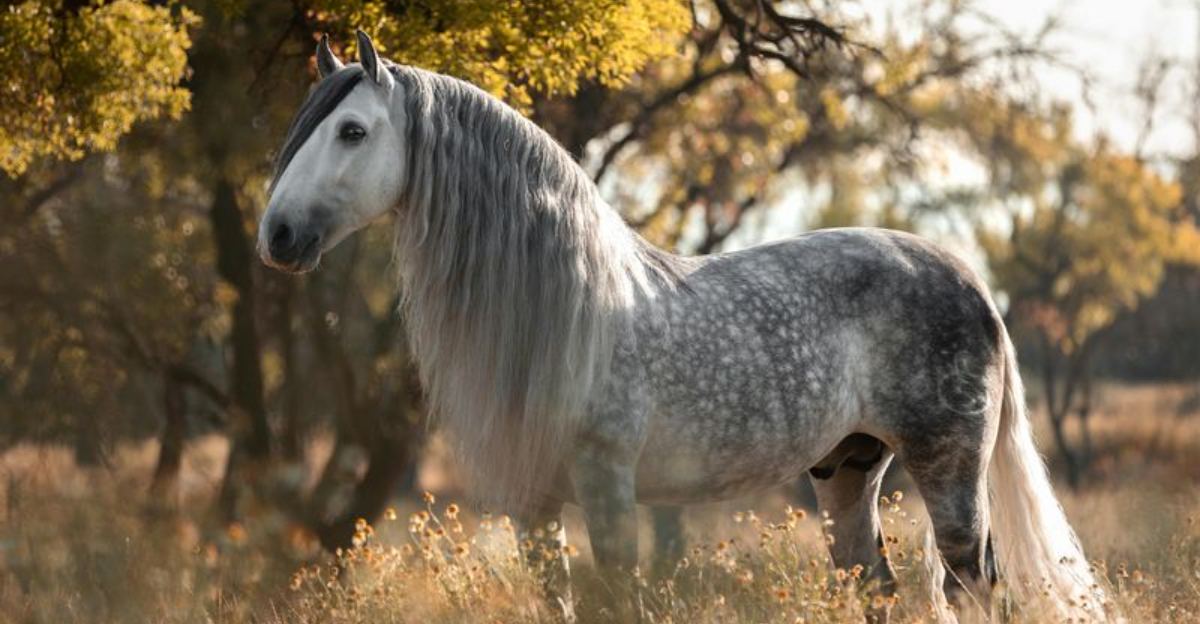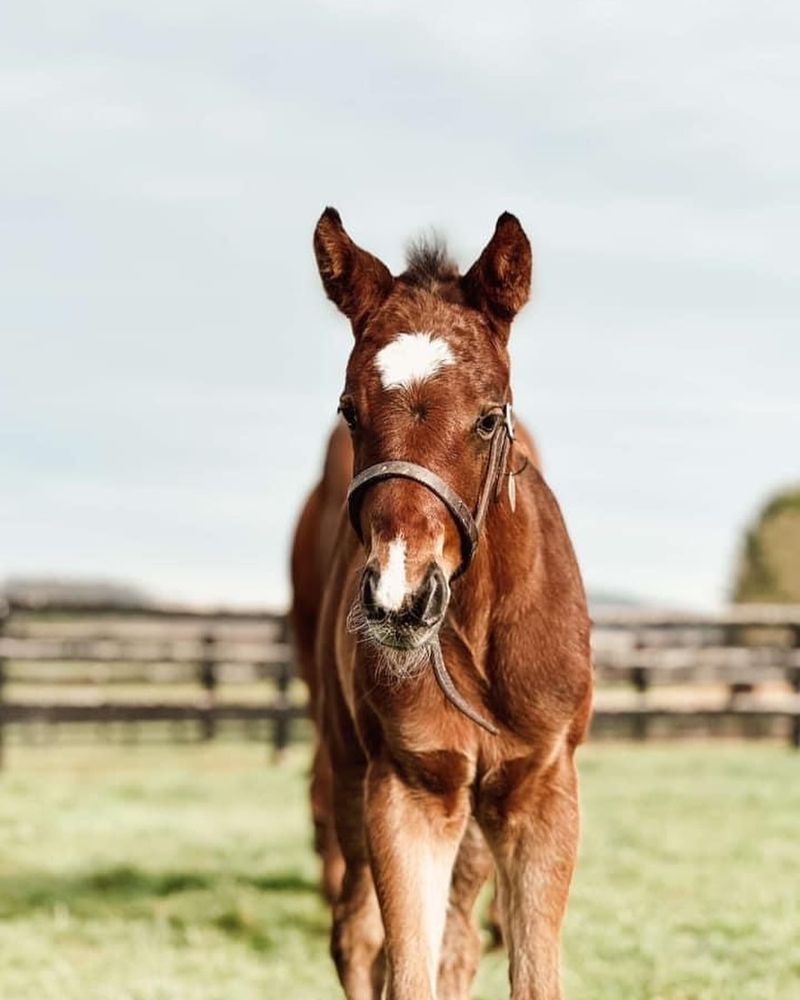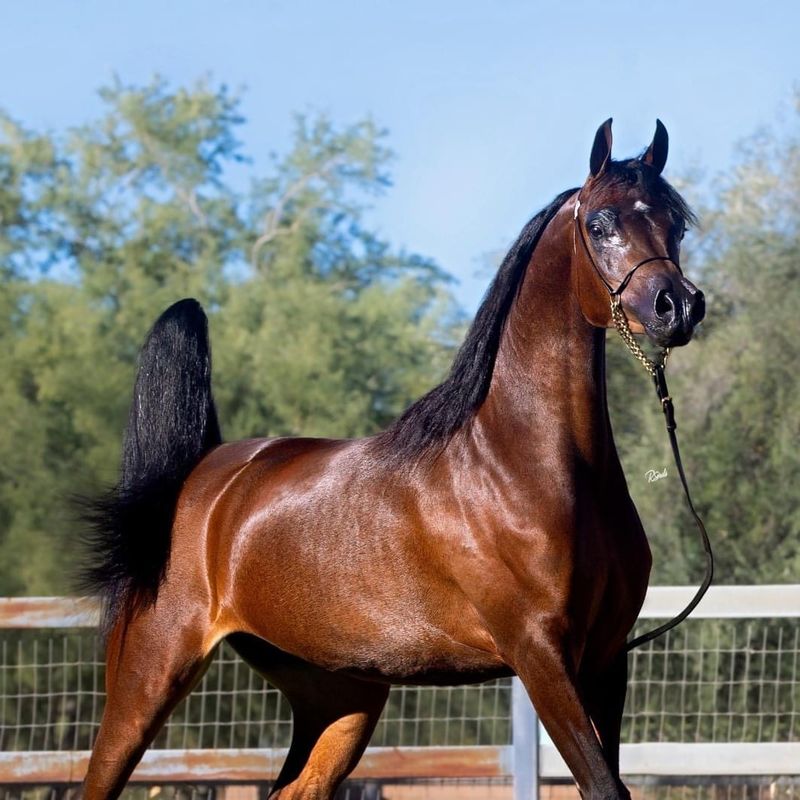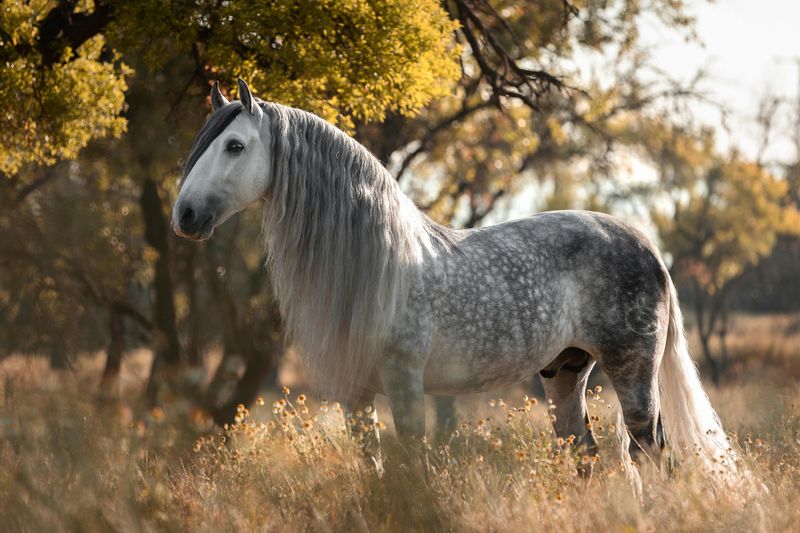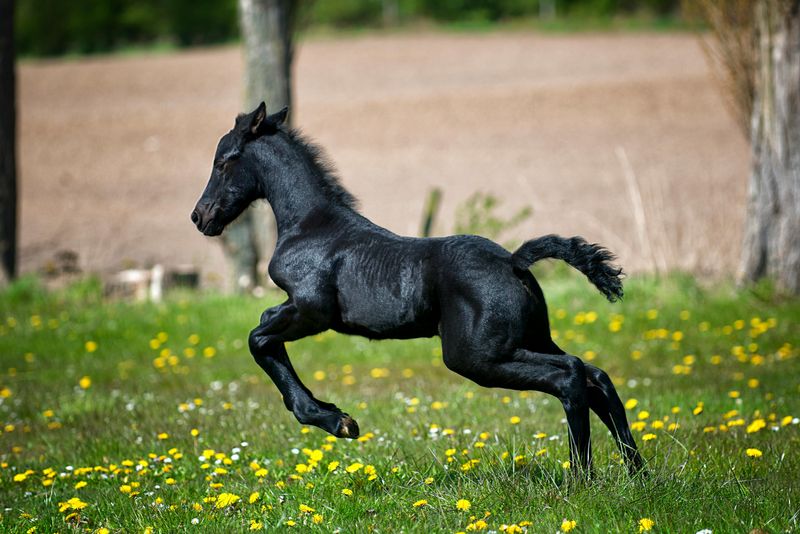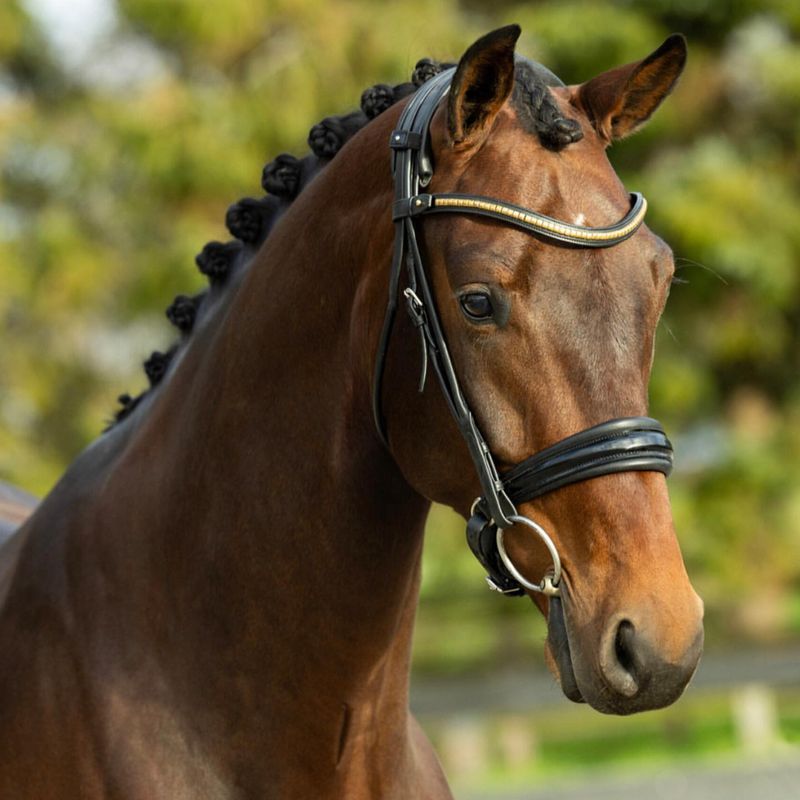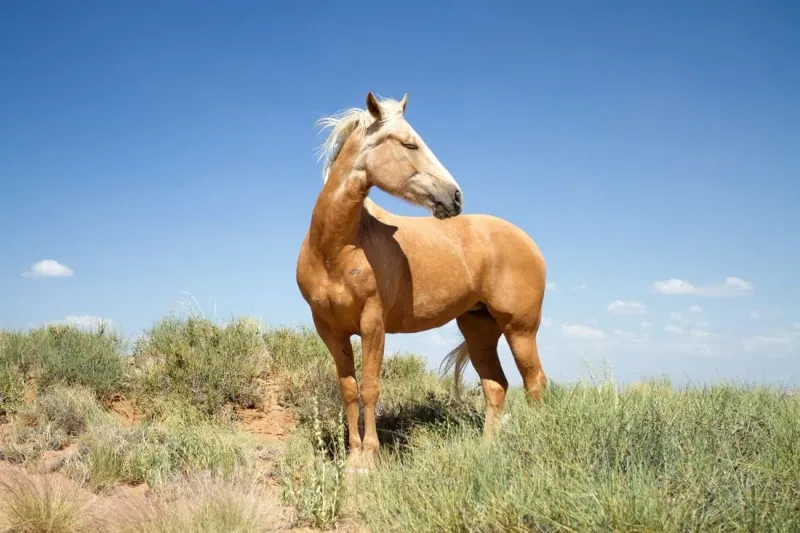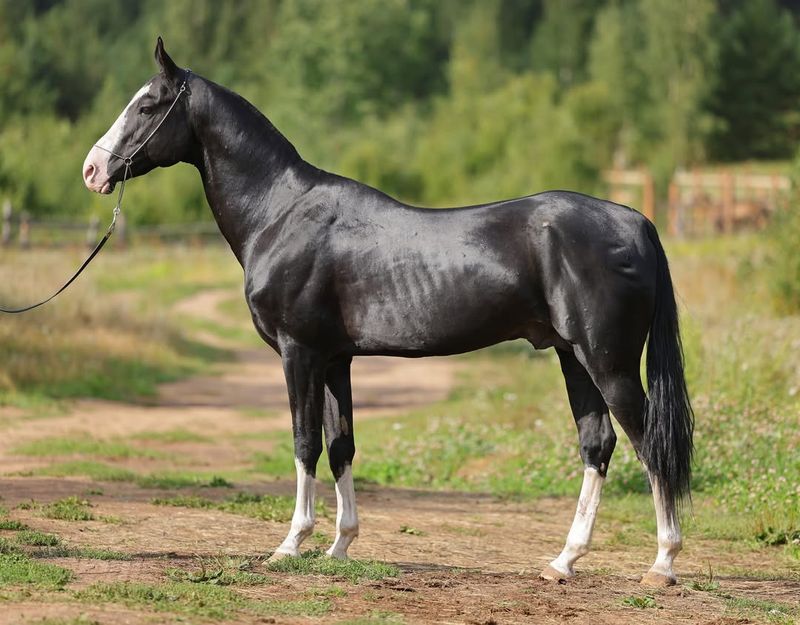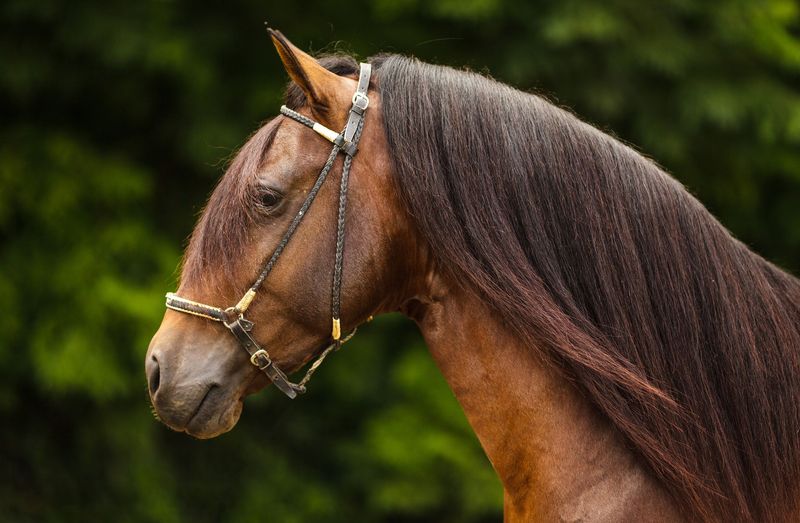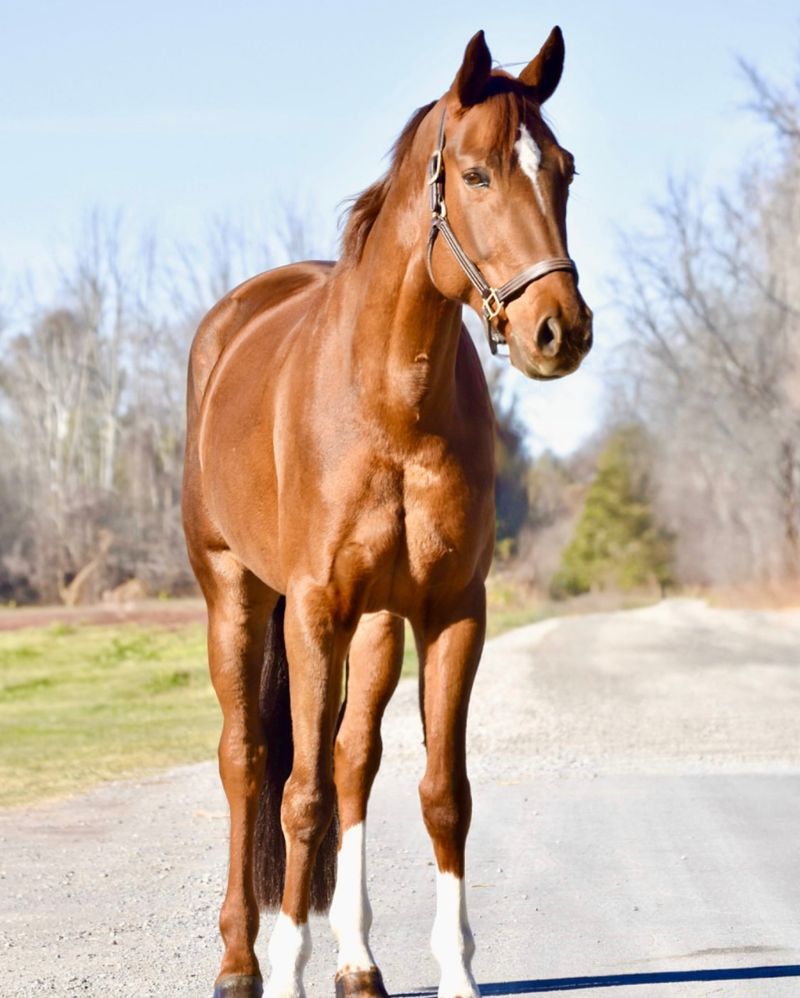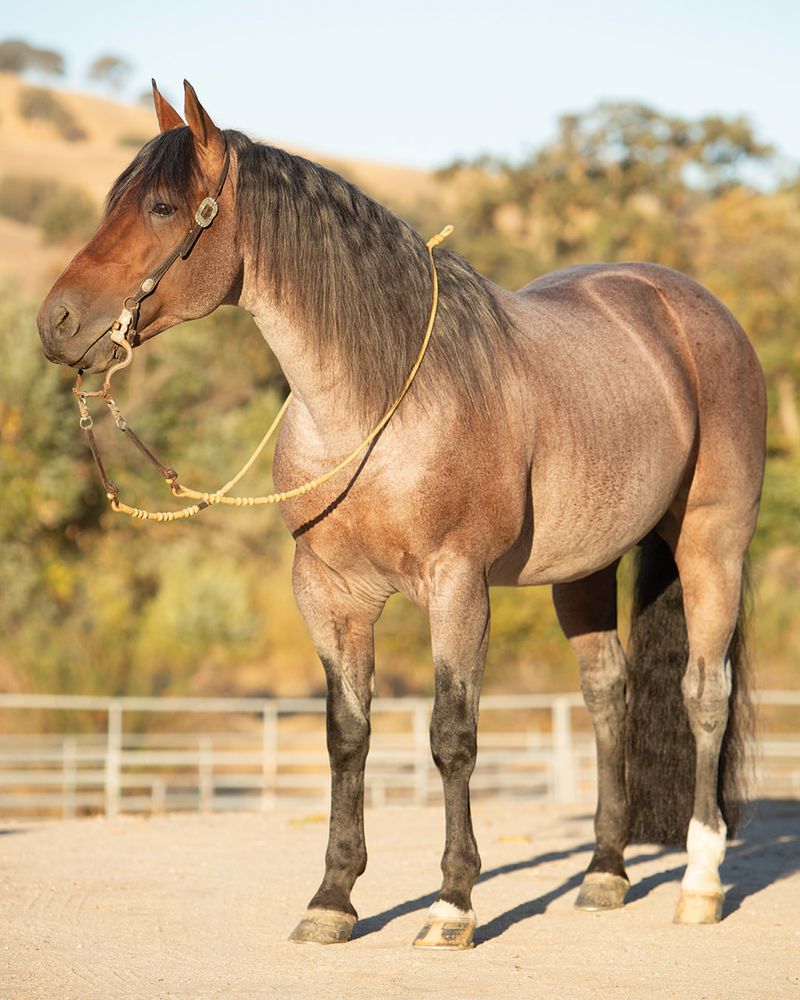📖 Table of Content:
Choosing the right horse for a first-time rider involves more than just picking a beautiful breed; it requires careful consideration of the horse’s temperament, energy level, and training needs. Some breeds, while stunning and impressive, demand skilled handling due to their spirited or unpredictable nature. For beginners, a mismatch in these areas can lead to frustration or even safety concerns.
Certain horse breeds are known for their high energy, strong will, or sensitivity, making them better suited for riders with experience and confidence. These breeds often require advanced training techniques and consistent handling to manage their specific characteristics effectively. While they can make incredible companions for seasoned equestrians, they may overwhelm those who are just starting out.
Explore 10 horse breeds that are generally not ideal for beginner riders. Each breed presents unique challenges that demand expertise and patience to navigate successfully. If you’re a new rider, learning about these breeds can help guide you toward finding a horse that matches your skill level and ensures a positive riding experience.
1. Thoroughbred
Thoroughbreds are known for their agility and speed, making them popular in racing. However, their high energy and sensitivity can be overwhelming for novice riders.
These horses require experienced hands to handle their spirited nature. They need a confident rider to guide them effectively, as they can be easily spooked by sudden movements or noises.
Thoroughbreds often need specialized training and regular exercise to keep them manageable. First-time riders may find their lively temperament challenging, making them better suited for those with more riding experience.
2. Arabian
One of the oldest horse breeds, Arabians are known for their endurance and intelligence. While they are beautiful and graceful, their spirited personality can be a handful.
They bond closely with their owners but can be quite stubborn, requiring patience and skill to train and ride. Arabians are also highly alert, making them sensitive to their surroundings.
For beginners, their need for consistent handling and understanding of their unique traits can pose challenges. They truly thrive with riders who have developed equestrian skills.
3. Andalusian
Admired for their grace and strength, Andalusians are a popular choice in classical dressage. However, their strong-willed nature demands a rider with experience.
These horses are intelligent and can quickly pick up on cues, both good and bad, which means they require consistent training and handling.
Their spirited demeanor might be too much for a first-time rider to handle. The Andalusian’s need for an experienced guide to channel their energy makes them less suitable for beginners.
4. Friesian
Friesians are known for their striking appearance and gentle nature, but their size and power can be intimidating. They require a rider who can handle their strength.
Although gentle, Friesians are powerful horses that need firm guidance. Their training must be consistent to prevent the development of bad habits.
For first-time riders, the combination of their bulk and need for careful management can be too challenging. Friesians are better suited for those who have spent time developing their riding skills.
5. Warmblood
Popular in competitive equestrian sports, Warmbloods are known for their versatility and balance. However, their need for skilled handling makes them less ideal for novices.
These horses are a mix of hot-blooded and cold-blooded breeds, giving them a unique combination of traits that require an experienced rider to manage.
Their athleticism and spirited nature can be overwhelming for beginners. Warmbloods thrive under riders who can match their energy and provide proper guidance.
6. Mustang
Mustangs, the iconic wild horses of the American West, are known for their resilience and independence. These traits, while admirable, can make them challenging for beginners.
Mustangs have a strong survival instinct and can be wary of humans, requiring patience and gentle training techniques.
Their independent nature means they need a rider who can earn their trust and respect. First-time riders might struggle with their unpredictability, making Mustangs better suited for those with more experience in horse handling.
7. Akhal-Teke
This is an ancient breed known for its metallic sheen and endurance. While visually stunning, these horses are highly spirited and need an experienced rider.
Their sensitivity requires a gentle yet firm approach to training, and they are best handled by those who understand their unique temperament.
For a beginner, managing an Akhal-Teke’s energy level can be daunting. They thrive with riders who can provide the balanced approach they need. This breed’s needs make them unsuitable for those just starting out.
8. Paso Fino
Paso Finos are celebrated for their smooth gait and lively energy, making them popular in show rings. However, their spirited nature can pose challenges for new riders.
These horses require a rider who can master their specific gait and handle their lively demeanor.
For beginners, the unique training and control required can be overwhelming. Paso Finos are best matched with riders who have the skill to manage their specific needs, making them less suitable for novices.
9. Hanoverian
This breed is a popular choice for dressage and show jumping due to their strength and agility. Their athletic nature requires experienced handling.
These horses are bred for competition and need consistent training to channel their energetic disposition.
A first-time rider might find a Hanoverian’s performance-driven nature too demanding. They flourish under the guidance of seasoned riders who can harness their potential, making them unsuitable for beginners.
10. Quarter Horse
Known for their versatility and calm nature, Quarter Horses are often seen in rodeos and ranch work. Despite their calm reputation, they can be quite energetic and strong.
These horses can be fast learners, sometimes picking up on unintentional cues from inexperienced riders.
For beginners, their strength and the need for clear communication can be challenging. While they are generally gentle, they are best suited for those who understand equine behavior and can provide firm guidance.
